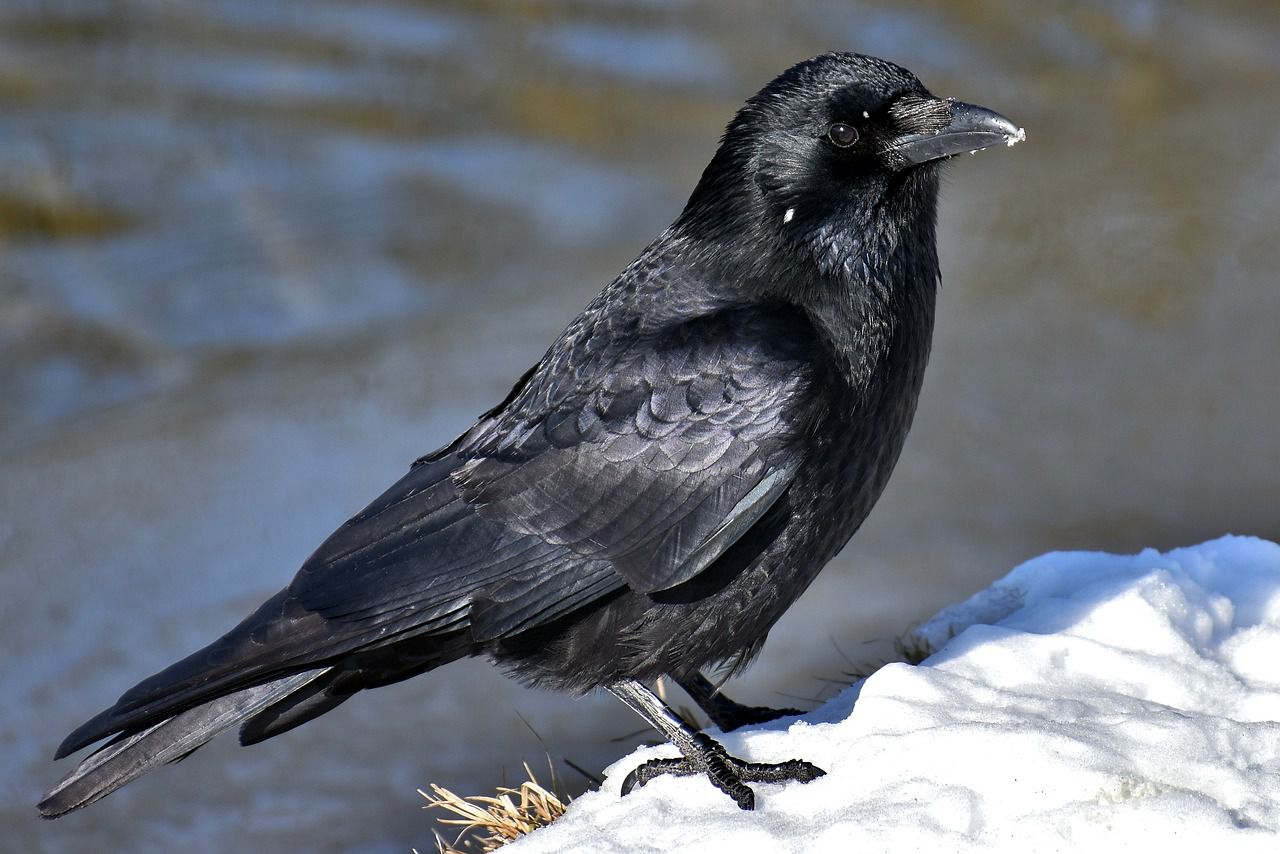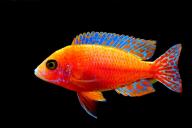While crows and ravens are highly intelligent birds, they aren't exactly suitable for keeping them as pets.
These wild birds are very high-maintenance, so most people won't be able to provide perfect living conditions for them.
Here's why.

Legal restrictions
Wildlife protection laws are in place to ensure the well-being and conservation of these species in their natural habitats.
Specialized care requirements
Crows have complex physical, social, and mental needs that are difficult to meet in a home environment.
Bonding and socialization
Crows thrive in a natural group setting, engaging in complex social behaviors and communication.
Dietary requirements
Providing a nutritionally balanced diet for a crow can be challenging, and a lack of proper nutrition can lead to health problems.
Long lifespan and commitment
Keeping a crow as a pet requires a long-term commitment to their care, which includes providing appropriate housing, diet, mental stimulation, and veterinary care throughout their lifetime.
Wildlife imprinting
Hand-reared crows may become imprinted on humans, leading to dependency and an inability to live independently in their natural environment.
Environmental impact
Released crows may struggle to adapt to their natural environment, and the introduction of captive-bred birds can disrupt wild crow populations and ecosystems.













